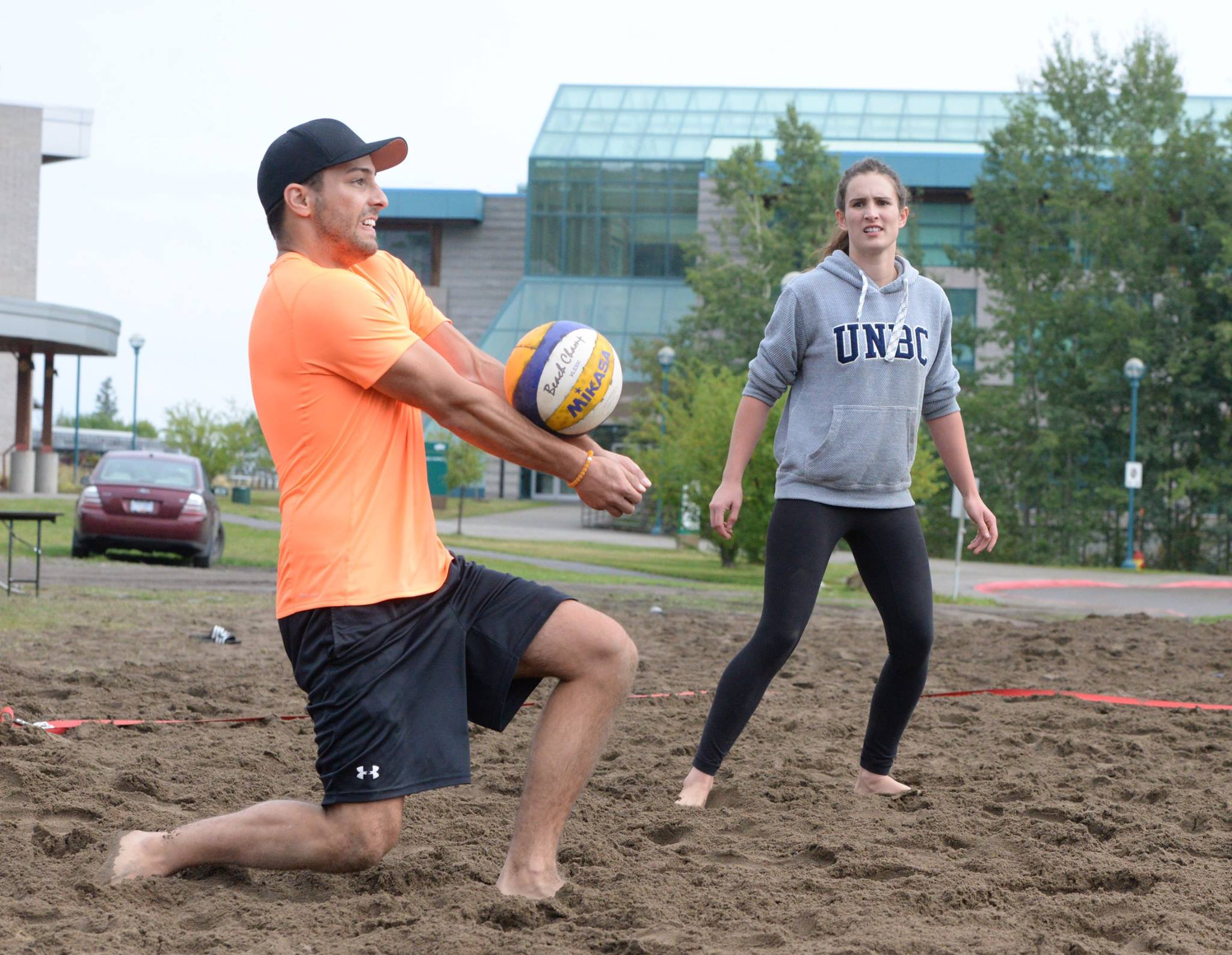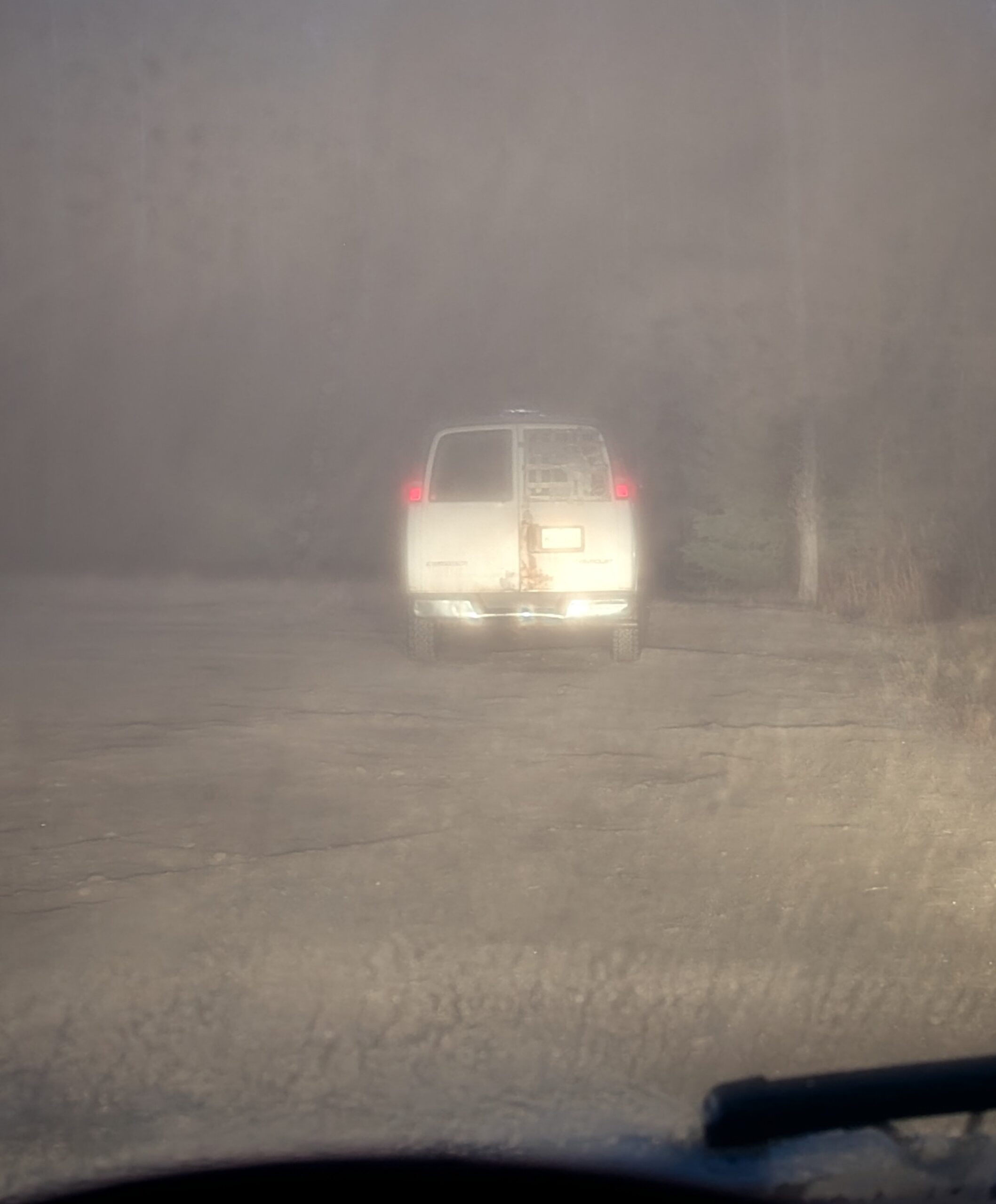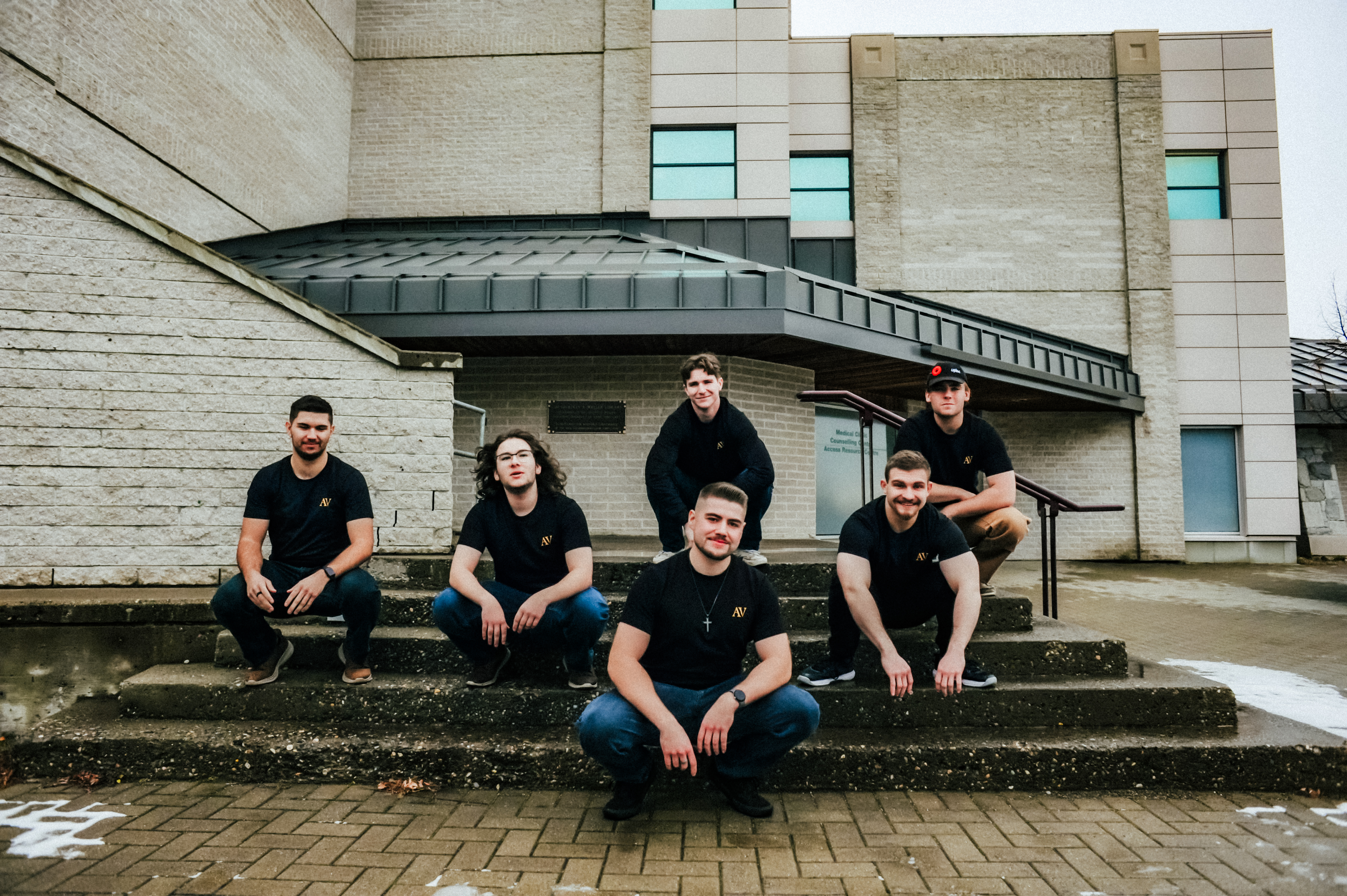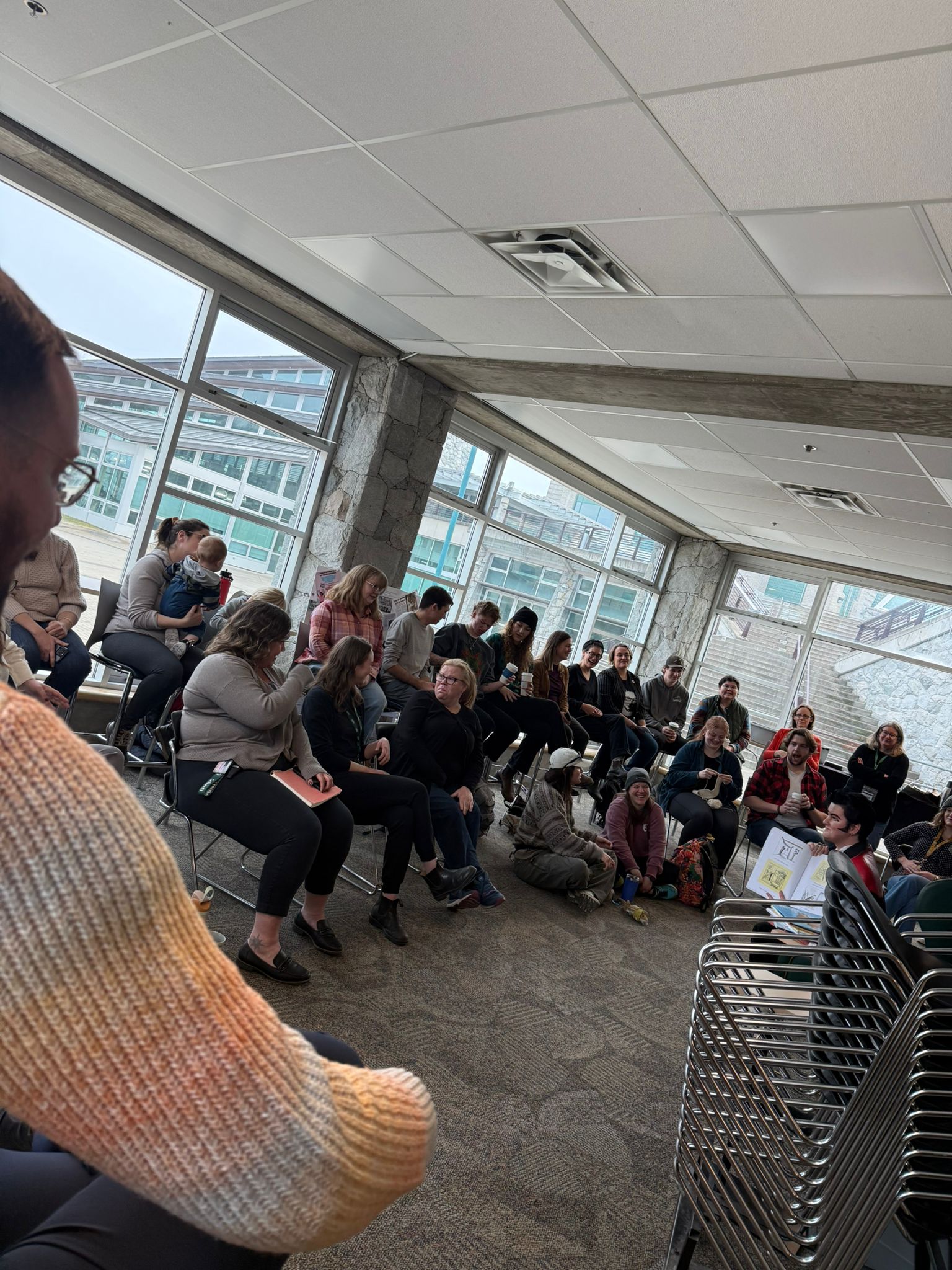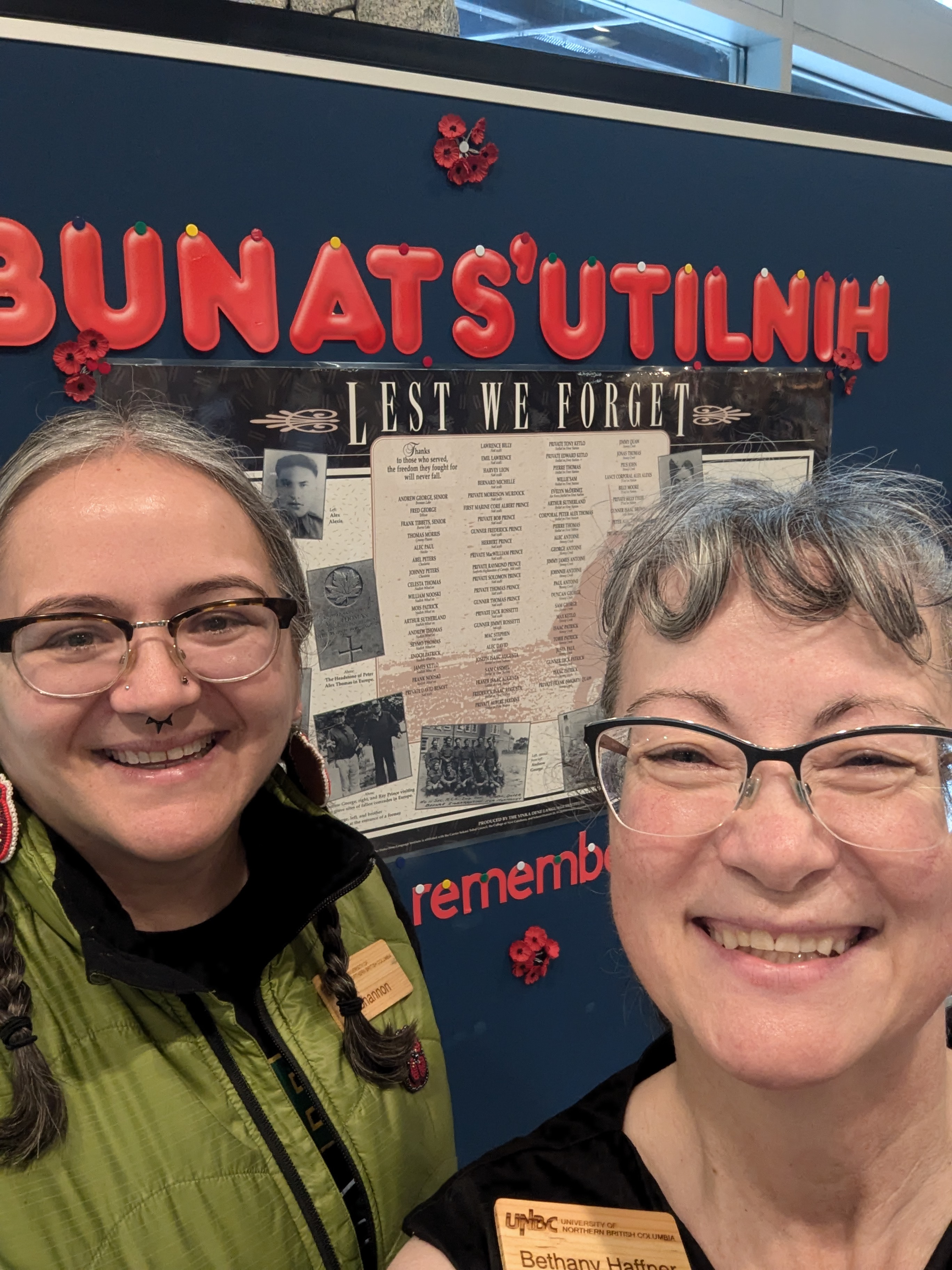Louis Riel, a pivotal Métis leader, remains a powerful symbol of resilience and cultural pride. While many commemorate Riel on his November 16 execution date, others honor him on the third Monday of February (BC’s Family Day). This year, February 17th was dedicated to his memory, highlighting his lasting influence on Métis rights and culture.
At UNBC, the Northern British Columbia Graduate Student Society (NBCGSS) is actively supporting reconciliation through various initiatives that foster cultural understanding among both Indigenous and non-Indigenous students.
During the 2024-25 academic year, NBCGSS has hosted Indigenous-focused workshops, coffee-and-chat sessions, and notably passed a referendum securing permanent annual funding for Indigenous programming.
The Honouring Indigenous Culture Gathering was a standout event that brought together Indigenous community members from Prince George and surrounding northern regions. The gathering featured:
- Local drumming performances
- Métis sash weaving teachings
- Presentations on Métis storytelling, art, and leadership
- Information sessions highlighting UNBC’s support for Indigenous students
Beyond cultural enrichment, the gathering fostered a sense of belonging for Indigenous students, especially newcomers to UNBC. Non-Indigenous students engaged in hands-on learning, gaining deeper cultural understanding in an inclusive environment.
The event’s success led to a significant milestone: at their Annual General Meeting, NBCGSS passed a constitutional amendment ensuring dedicated funding for Indigenous programming each year. This guarantees ongoing support for cultural connection and learning opportunities.
Additional initiatives included coffee-and-chat sessions where students engaged with their representatives and learned about Métis culture, and a workshop on the Michif language where students learned introductions and explored the language’s historical significance in Métis communities.
NBCGSS’s efforts reflect a strong commitment to creating a culturally safe learning environment and promoting meaningful dialogue about shared responsibility in reconciliation.
